Hanwha’s new PV modules, designed for rooftop applications, are available in two versions: a 400 W product with a power conversion efficiency of 22.3% and a white frame, and a black 395 W module with an efficiency of 22%. For both products, the temperature coefficient is -0.30%.
May 9, 2022Emiliano Bellini
South Korea’s Hanwha Q Cells is presenting a new solar module based on n-type Q.antum Neo solar cells with passivating contacts at this year’s Smarter E in Munich, Germany.
“The Q.Tron-G1+ module is ideally suited for rooftop applications – either for private residences or commercial and industrial installations,” a spokesperson from the company told pv magazine.
The new product, which was developed at its R&D facility in Thalheim, Germany, is based on a solar cell technology that combines a passivation layer and electrical interconnection functionality in the panel transmitter. This cell configuration reportedly allows for full area passivation and contact at the same time.
The solar panel is available in two versions: a 400 W product with a power conversion efficiency of 22.3% and a white frame; and a black 395 W module with an efficiency of 22%.
Both measure 1,717 mm × 1,045 mm × 32 mm and weigh in at 19.9 kg. The have a temperature coefficient of -0.30%, which the manufacturer said is an improvement on industry-standard modules. They come with a 25-year product warranty and a 25-year performance warranty. The first-year degradation is said to be 1.5% and 25-year end power output is guaranteed to be no less than 90.58% of the nominal output power.
The module also features Q Cells Yield Security technology, which includes anti-potential-induced degradation (PID) and anti-light-induced degradation (LID), as well as protection from hot spots. “Another inherent feature of Q.antum technology is Tra.Q, which is Q Cells’ unique laser identification process that traces and monitors every single cell manufactured by the company, to guard against counterfeiting,” said the spokesperson. “We also secured QCPV certification from TÜV Rheinland, which ensures long-term reliability thanks to TÜV Rheinland’s production monitoring and material testing.”
According to the manufacturer, the solar module is already available in South Korea and will soon be introduced into leading European markets.
This content is protected by copyright and may not be reused. If you want to cooperate with us and would like to reuse some of our content, please contact: editors@pv-magazine.com.

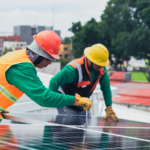
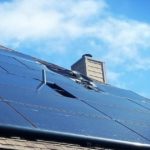
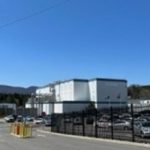
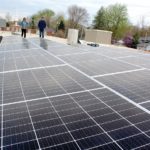
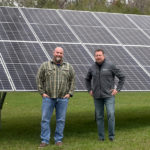
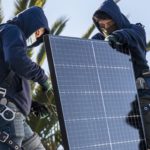
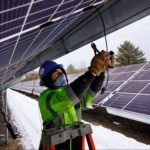
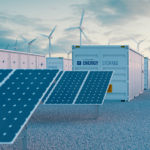
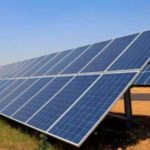

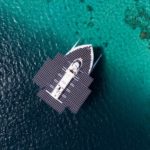
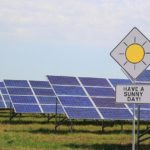
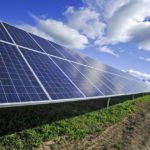

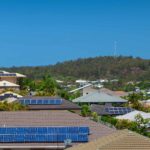
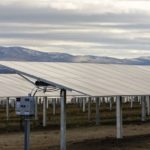

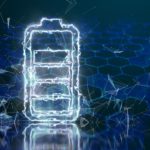


Recent Comments